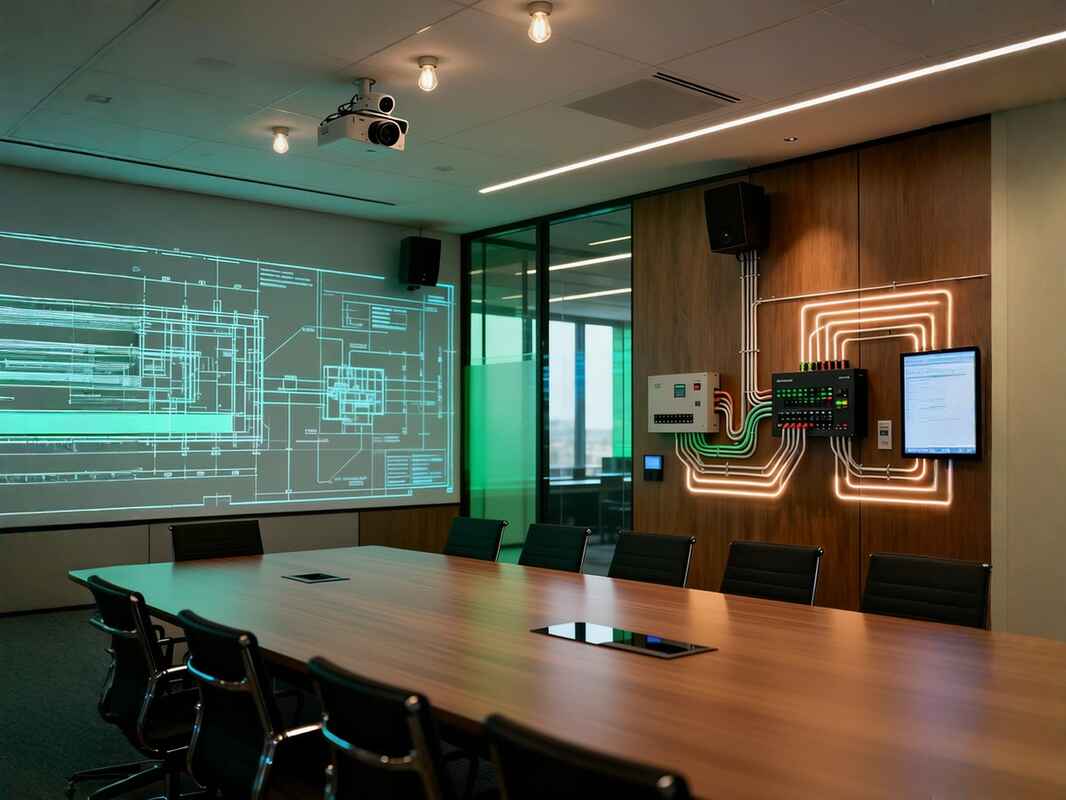How Networked AV Systems Transform Homes and Businesses
discover how AV networking, networked AV systems, and networked AV protocols create seamless control and elevate homes and businesses.

discover how AV networking, networked AV systems, and networked AV protocols create seamless control and elevate homes and businesses.

Discover how luxury home automation and smart home security work together to protect homes while balancing home security and style seamlessly.

Transform your business space with lighting control systems. Explore commercial lighting control and smart lighting for business to elevate every commercial lighting experience.

Discover acoustic treatment solutions for reducing commercial echoes. Explore commercial acoustic treatment and luxury commercial acoustics design for refined, high-performance spaces.

Holograms once lived exclusively in the realm of science fiction icons of futuristic dreams and cinematic wonder.

Discover how Bridge by Sphere turns rehabilitation into an engaging, motivating experience with interactive projection. Learn how this technology helps patients participate fully while supporting better outcomes across therapy settings.

Sphere Audio Video | © 2025. All Rights Reserved
Site By Trustway Marketing
Powered by Kyrios Systems